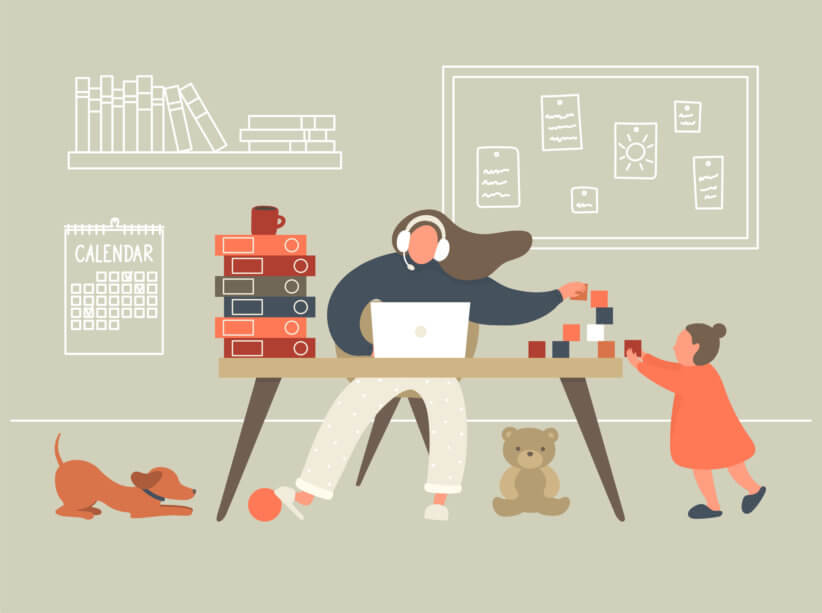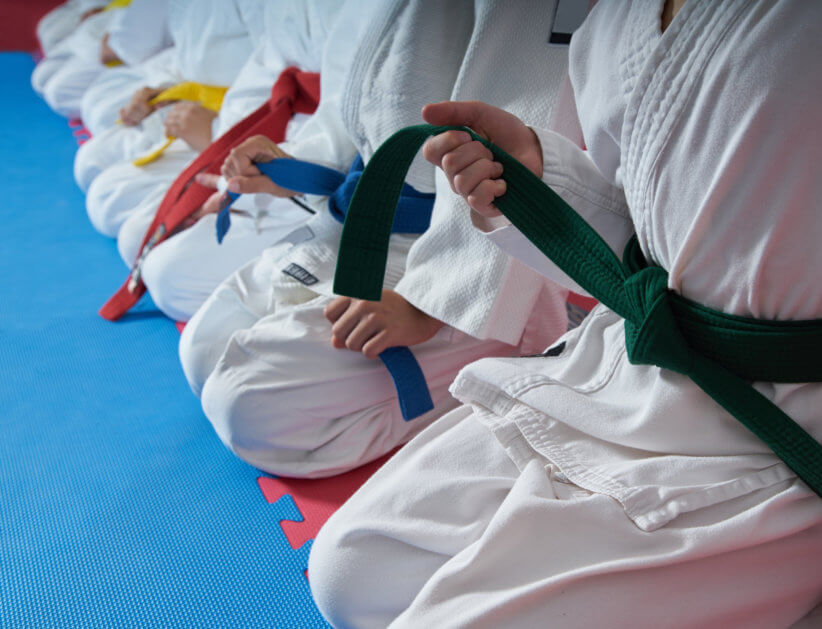Spring is not only marked by its budding flowers and warmer temperatures, but also by the resurgence of our kids’ team sports. Many of our children are coming off of competitive fall seasons and gearing up to tackle another.
While it’s well documented that sports provide children with a wealth of benefits, such as discipline, teamwork, and physical fitness, when do they become too much?
We’ve all seen those over-the-top little league parents screaming at their kids to perform and do better, to suck it up, and walk it off. It’s a fact that many children who suffer injuries have not been properly conditioned or have simply been pushed too far.
With signs-ups and tryouts in full swing, here are some helpful tips to remember when your child joins the baseball, softball, or soccer team.
For starters, it’s important to vary your child’s regimen. As an attending orthopedic surgeon at the Hospital for Special Surgery, specializing in knee and shoulder surgery and sports medicine with special expertise in pediatric and adolescent knee problems, Dr. Robert Marx has seen his share of childhood injuries. Marx says that the most common injuries are overuse injuries.
“One cause is due to the increase of ‘early specialization,’ which is when a child specializes in a single sport as early as 7 years old,” he explains. “Early specialization causes their bodies to submit to wear and tear from repetitive stress of a constant athletic motion. In the spring, kids should be enjoying the outdoors — whether it’s on the playground or on a field, not still in the gym or indoor track as they’ve been using all winter.”
Other common injuries are orthopedic knee problems, such as osteochondritis dessicans; pain and mechanical symptoms associated with discoid meniscus; and anterior cruciate ligament (ACL) injuries.
The best way to keep your child active and healthy is to simply let him be outside a lot, running around and enjoying some daily free play, so the whole body is exercised. This not only allows him to use all of his muscles — without concentrating on just a few repetitive motions — but it also lets him enjoy childhood.
Marx, also a professor of orthopedic surgery and professor of public health at the Weill Medical College of Cornell University, agrees.
“Staying active, in moderation, throughout the year is extremely important for their overall health. By all means, let them run, play and enjoy themselves, but keep in mind — playing different sports throughout the year can better help their muscles develop and not become overly fatigued.”
So what can parents do to help prepare kids for spring sports? Marx recommends enforcing “good habits early, but let them be kids.” Emphasize skill building, discipline, and teamwork; make sure they are drinking plenty of fluids and getting plenty of sleep; and treat injuries with RICE (or Rest, Ice, Compression and Elevation).
“Their bodies are just as young as they are. They can’t train like professional athletes,” says Marx. “Kids are being pushed much too hard at too early of an age. Even worse, these injuries are preventable.”
Danielle Sullivan, a Brooklyn-born mom of three, has worked as a writer and editor in the parenting world for more than 10 years, and was recently honored with a Gold award for her health column by the Parenting Media Association. Sullivan also writes for Babble.com. Find her on Facebook and Twitter @DanniSullWriter, or find her at JustWriteMom.




















